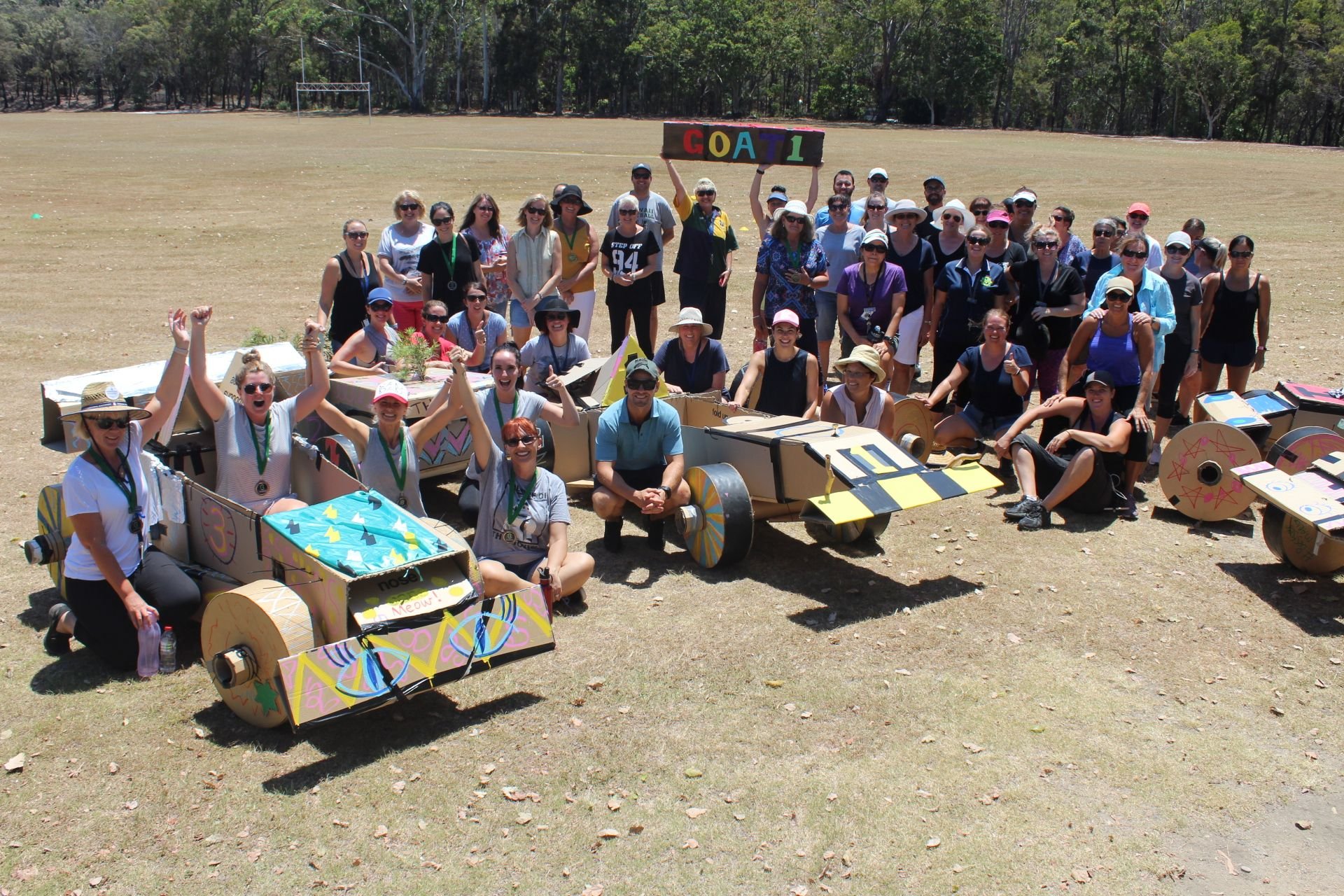Enhancing Capability in Education
Written by Lisa Kelliher, Head of People and Culture | Educational Consultant, Be Challenged
Enhancing Accountability in Education: Building Cohesive Teams for Greater Success
Over the weekend, I engaged in a thought-provoking conversation with a friend who holds a leadership position in the education sector.
We delved into the challenges that educators face when it comes to holding one another accountable. This discussion illuminated a significant concern: why do teachers and school leaders often struggle to prioritize accountability within their teams?
The Relational Nature of Educational Environments
In educational settings, relationships form the bedrock of daily interactions. Educators are inherently relational, focusing on nurturing and supporting both students and colleagues.
This emphasis on relationships can lead to a reluctance to address accountability issues, stemming from a fear of jeopardizing these valued connections. Consequently, performance concerns may remain unaddressed, hindering both individual and collective growth.
Unlike the business sector, where KPIs and accountability measures are standard, the education sector often lacks such structured frameworks. Without clear definitions of success and assigned responsibilities, it becomes challenging to elevate performance from good to great. This absence of explicit expectations can result in ambiguity, making it difficult to hold individuals accountable for specific outcomes.
Patrick Lencioni's Model: The Five Behaviours of a Cohesive Team
Patrick Lencioni's model outlines five behaviours essential for team cohesion: Trust, Conflict, Commitment, Accountability, and Results. Each behaviour builds upon the previous one, creating a foundation for effective teamwork. Trust is the cornerstone, enabling open dialogue and vulnerability among team members. With trust established, teams can engage in healthy conflict, leading to genuine commitment to decisions. This commitment paves the way for mutual accountability, ultimately driving collective results.
Building Trust to Foster Accountability
For accountability to thrive, trust must first be present. When team members trust one another, they feel safe to provide and receive constructive feedback without fear of damaging relationships. This trust allows teams to move beyond subjective, relationship-based interactions, focusing instead on objective performance metrics and shared goals. Be Challenged Client Relationship Managers with expertise in the schools sector can consult with you to recommend experiential programs designed to build trust and enhance communication for teams in your school; inclusive of leadership teams.
Implementing the Five Behaviours in Educational Settings
Integrating Lencioni's model into educational environments can provide a common language and framework for developing accountability. Workshops, such as those offered by Be Challenged, guide teams through these five behaviours, helping educational leaders to further cultivate trust, engage in productive conflict, and commit to shared objectives. By embracing this model, schools can shift from a largely relational approach to one that balances these relationships with a strong sense of accountability.
The Path Forward
By acknowledging the relational dynamics inherent in educational settings and intentionally implementing structures that promote accountability, educational leaders can enhance both individual and team performance.
Embracing models like Lencioni's provides a roadmap for this transformation, enabling schools to achieve excellence through cohesive and accountable teams.
Thank you for reading,
Lisa Kelliher
Be Challenged | Head of People and Culture | Educational Consultant
Lisa is presenting at the Knowledge Centre in Brisbane on Thursday 31 July 2025 on FACED Leadership


